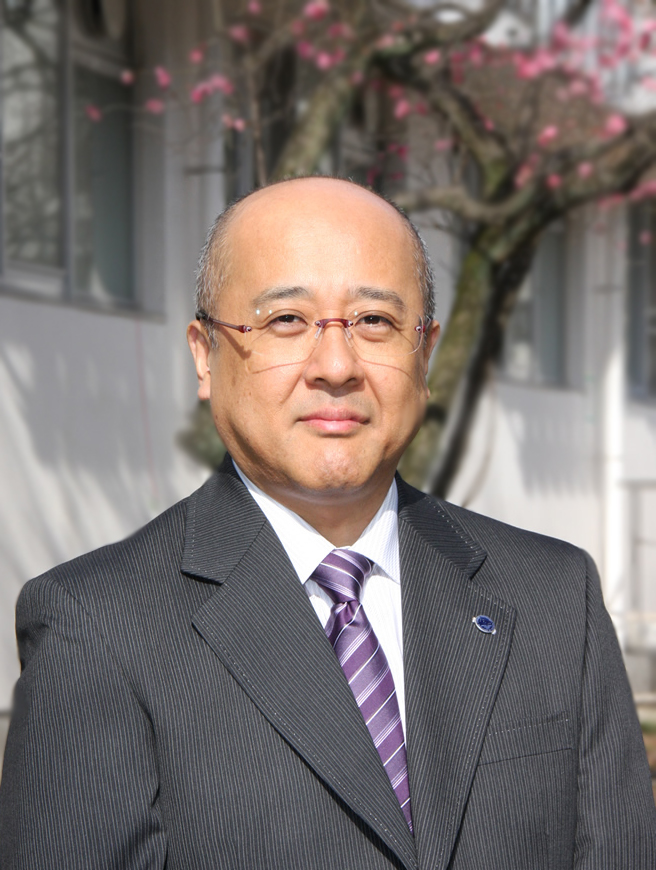障害科学専攻 保健学専攻
- Master's Courses
修士課程 - Doctoral Courses
博士課程
Child Health Nursing小児看護学
STAFF
Professor
-
Shiwaku, HitoshiProfessor. 塩飽 仁 教授

Other Faculty / Staff
-
Sugahara, Akiko
Research Associate 菅原 明子 助手 -
Takahashi, Tatsuya
Research Associate 高橋 達也 助手
CONTACT
TEL:+81-22-717-7921
E-MAIL:inquiry*chn.med.tohoku.ac.jp
(「*」を「@」に変換してください)
OUTLINE
The purpose of this study is to clarify the kinds of images that children hold about disease in general and the diseases that they have actually suffered. The total number of subjects(child and parent) in this study was 1298.They ranged from 4th graders to 9th graders. We have collected 357 valid responses.
The result of our analysis is as follows.
1.Children image "cancer" with the highest frequency when they heard the word "disease" (130 children, 38.7%), followed by influenza (77 children, 22.9%) and common cold (34 children, 10.1%).
2.While children in elementary school tend to image minor diseases, students of junior high school image diseases that are more serious.
3.Children who imaged serious diseases showed more negative images, such as "scary," "tough and hard," "painful," and "fatal," about the diseases that they had listed than those who imaged minor diseases and chronic diseases.
4.While 82.2% of children answered that they would like to know about their own serious diseases, 14.1% of them responded that they would not like to know.
5.Children who imaged serious diseases showed a stronger interest in knowing about their own diseases than those who imagined minor diseases.
研究タイトル:子供の病気のイメージと「自分の病気について知ること」の意識
本研究は、子供の病気に対するイメージと、「自分の病気について知ること」の意識を明らかにすることを目的に、小学校4年生から中学校3年生の子供と保護者計1298組を対象として質問紙調査を行い、その結果を分析したところ、以下のことが明らかとなった。
1.「病気」と聞いて、子供が思うかべた病気として最も多いものは「がん」(130名、38.7%)で、次いでインフルエンザ(77名、22.9%)、風邪(34名、10.1%)であった。
2.小学生と中学生を比較すると、小学生は治りやすい病気を思いうかべる比率が有意に多く、中学生は重い病気を思いうかべる比率が有意に多かった。
3.重い病気を思いうかべた群は、「こわい」「苦しい」「つらい」「痛い」「命にかかわる」というイメージの得点が、治りやすい病気や慢性疾患を思いうかべた群と比較して有意に高かった。
4.自分が重い病気にかかったときは、82.2%の子供が病気について「知りたい」と答える一方で、明確な理由をもって「知りたくない」と答える子供が14.1%存在した。
5.治りやすい病気を思いうかべた子供よりも、重い病気を思いうかべた子供の方が、自分の病気について「知りたい」意識は有意に高かった。
ARTICLE
Nagoya Y, et al. “Barriers” and “Difficulties” felt by Pediatric Nurses Providing End-of-Life Care. Journal of Japanese Society of Child Health Nursing 23(3):49-55,2014[Jpn]
Nagoya Y, et al. How did the parents informed that their child with incurable cancer make decisions about treatment course of their child? Journal of North Japan Academy of Nursing Science 17(1),11-17.2014[Jpn]
Nagoya Y, Shiwaku H, Suzuki Y. Nurses' Conflicts in Caring for “End-of-Life Children” with Cancer and Their Parents. Journal of Japanese Society of Child Health Nursing 22(2):41-47.2013 [Jpn]
Irie W, et al. Fathers’ Feeling and Thought towards Their Interaction during the Hospitalization of Their Children with Cancer-Comparison between Fathers of Childhood Cancer Patients and the Others of Children on Long Hospitalization-.J.JSPON 7:28-38.2012[Jpn]
Shiho S, Yukiko S, Hitoshi S. Factors Associated with Children’s Ineffective Coping Behavior during Blood Sampling. Japanese journal of nursing research 34(4):23-31.2011[Jpn]
